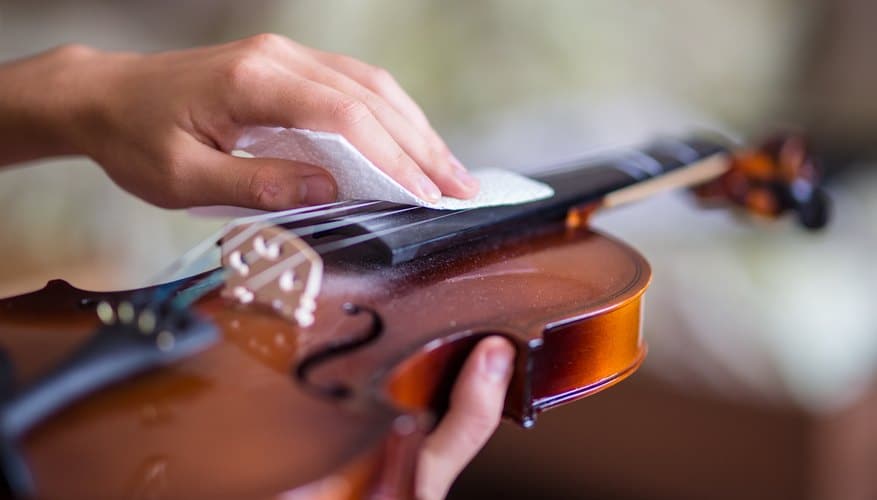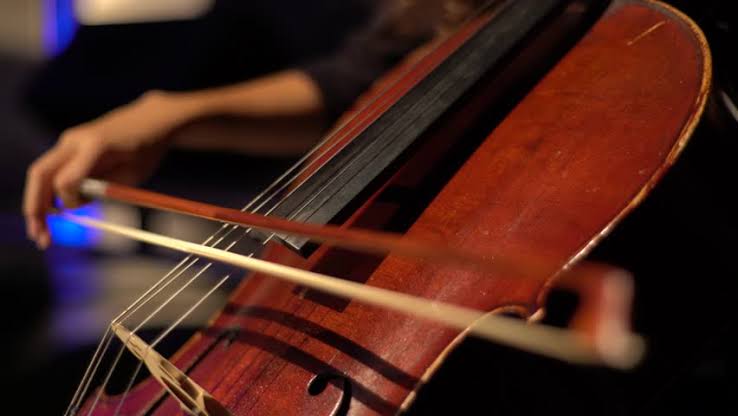As one of Melbourne’s best Stringed Instrument and Violin shops, we have years of knowledge and experience.
Other than helping customers choose the best Viola or an affordable Cello, we also offer free advice on these instruments. You are always welcome to pop into our Violin Shops for a quick browse or chat.
Be it a beginners Violin or a Double Bass, these Musical Instruments are delicate creatures and must be cared for. Here a few useful tips to help you get the best from your Strung Instrument.
Strings Maintenance
Stringed instruments can last a lifetime if they are cared for correctly. Many of us don’t know how to properly care for our instruments. Sometimes we can be lazy and don’t even bother to wipe rosin dust from the strings. Caring for your stringed instrument is so important for prolonging it’s life. And very easy once you know what to do. Follow these BLAH tips to make sure your stringed instrument is always in top notch condition.
- Clean rosin residue from the strings and wood

Each time you play your stringed instrument your bow leaves rosin residue on the strings. It’s left on the wood under the strings, and the wood of the bow. Rosin is very sticky. It coats the strings and wood in a white powder which gets into the windings of the string. This causes them to age faster, and will seep into the wood ruining the varnish. It’s important to clean your strings regularly to prolong their lifespan. This will ensure they sound bright and clear for as long as possible, and prevent rosin ruining the varnish of your instrument. You will eventually have to revarnish your instrument if you do not clean away rosin residue properly. To clean rosin residue from your strings and wood, use a clean microfiber cloth.
2. Polish the varnish with a wood varnish
The glands in the skin of your fingers and hands create oil. They sweat which can react and strip the wood varnish from your stringed instrument. Try and avoid touching your instrument with sweaty hands or try and only pick it up by the neck or chinrest on a violin or viola. To protect the wood varnish, use a polish such as Pirastro INSERT. INSERT hydrates the varnish and the wood, and prolongs the life of the wood varnish. Never use alcohol, cleaning solvents, hot water or any other liquids to clean your instrument. They can strip your violin’s varnish.
3. Change the strings roughly every 12 months
It is recommended that you change the strings on your instrument roughly every twelve months, depending on how often you play it. When changing strings you should always replace them all at the same time. If you change just one string when it breaks, all your strings will be different ages and will all sound different. The new string will sound bright and clear while the older strings will be dull creating an uneven sound.
4. Always leave the bow hair loose when you are not playing
Always loosen the tension of the bow hair after each practice or playing session. If you leave the bow hair at high tension even when you are not playing it, it causes the stick to warp over time, losing its slighting arched shape. It is very expensive to fix a bow once the wood has warped and is usually cheaper to just buy a new bow.
5. Check the alignment of your bridge regularly

If your strings are too tight, the bridge on your instrument will lean forward. If the bridge is leaning forward for prolonged periods it can pop off the instrument and the wood of the bridge can warp, or eventually crack. To prevent this, check the alignment of your bridge regularly and carefully loosen the strings and adjust the bridge so the bridge feet are flat against the surface of the violin.
6. Protect your instrument from drastic changes in weather
Stinged Instrument and Violin Shops assistanceMelbourne is renowned for having four seasons in one day, but unfortunately large changes in weather can affect the wood of your instrument and put it out of tune. Cold temperatures in particular cause wood to dry out and become brittle. If left in the cold for long periods, wood can crack and cause irreparable damage. To protect your instrument from the elements, always keep it in its case when you are not playing it, preferably in a temperature controlled room of your house. Do not leave your instrument directly under an air conditioner or heater.
Our Strings and Violin Shops staff hope this article is helpful to you and your Stringed Instrument, but remember, we are always here to help.
To have a look at our Stinged Musical Instrument range, Cello Stands, Violin Cases and other accessories, click here.